Asia stands at a pivotal moment in its development journey. How the region responds to global challenges will not only shape its future but also influence the world’s path toward sustainable and inclusive economic growth.
This was the core focus of an engaging discussion at PAA’s closed-door breakfast session during the WEF Annual Meeting 2025 in Davos. Themed "A New Asian Renaissance: Collectively Shaping Asia’s Transition towards a Sustainable Future", the session brought together over 20 leaders from the public, private, and philanthropic sectors to explore collaborative solutions to the region’s most pressing challenges.
Insights from President Tharman Shanmugaratnam
Today, Asia sits at a pivotal moment. As the region faces mounting climate threats – from rising sea levels to increasingly destructive storms – the growing philanthropic sector holds tremendous potential to drive impactful, localised climate solutions. Philanthropy plays a critical role in catalysing change by unlocking other forms of capital, fostering innovation across policy, technology, and systems, and supporting bold, long-term solutions that drive systemic impact.
We were honoured to have Mr. Tharman Shanmugaratnam, President of the Republic of Singapore and Distinguished Patron of PAA, as our Guest of Honour. Setting the stage for the discussion, President Tharman emphasised that global issues such as climate change, health crises, and job disruptions are deeply intertwined, and have far-reaching implications for Asia’s economic and social future.
Building on these insights, participants at the session shared their perspectives and experiences on how philanthropy can drive systemic change across Asia.
Philanthropy as a Catalyst for Change
The session underscored philanthropy's unique ability to convene diverse stakeholders in neutral and solution-oriented spaces, which may often be challenging for the public and private sectors to achieve independently. Discussions also emphasised the need for philanthropic actors to proactively adapt to evolving challenges and foster systemic change.
Another key takeaway was the need to better translate scientific advancements into actionable policies. While science is essential to tackling environmental and health challenges, participants stressed the importance of aligning efforts to ensure research directly drives tangible solutions and benefits for communities.
Collaboration, Systems Thinking and Innovation as Drivers of Progress
Collaboration emerged as a central theme, with participants highlighting its pivotal role in driving systemic change. Different perspectives must come into play across governments, businesses, philanthropies, and civil society, to successfully drive greater economic and environmental prosperity in Asia. Examples of cross-sector partnerships tackling child nutrition, infectious diseases, and environmental sustainability illustrated the power of collective action. Philanthropy was recognised as a key connector, bridging the public and private sectors to unlock innovative, scalable solutions.
Ms. Lim Seok Hui, CEO of PAA, highlighted the importance of systems thinking in addressing Asia’s complex interconnected challenges. Identifying the root causes and convergence points of these issues, and taking targeted action can bring about a fundamental shift in conditions. For example, addressing energy poverty – where more than half a billion people across the Asia-Pacific lack access to electricity – requires a systemic approach. This means bridging the gap between energy needs and renewable solutions in practical and inclusive ways. By prioritising affordability and local capacity-building, isolated communities can move toward cleaner energy sources while unlocking broader economic and social benefits.
Discussions also touched on Southeast Asia’s burgeoning innovation ecosystem, with increasing interest from family offices and global foundations positioning the region as a hub for philanthropic growth and impact investing. This momentum must be matched with efforts to ensure that initiatives are locally owned and contextually relevant.
Mobilising Resources and Empowering Communities
While Asia's philanthropic landscape is evolving, the need to mobilise more resources remains pressing. Participants emphasised the importance of engaging Asia's wealthiest individuals and institutions to support vulnerable communities. Funders were encouraged to move beyond research-focused grants and invest in community-driven initiatives that lead to lasting policy change.
Local ownership emerged as a critical factor for success. When communities take ownership of initiatives, they feel a sense of responsibility and pride, leading to more sustainable outcomes. Participants shared examples of locally owned projects across Southeast Asia, ranging from healthcare to clean water and environmental initiatives. Storytelling was identified as a powerful tool to foster this sense of ownership, illustrating the real-world benefits of philanthropic interventions.
Looking Ahead: An Era of Collective Action
The roundtable concluded with a shared sense of urgency and optimism. Participants agreed that Asia stands at a pivotal moment, with philanthropy poised to play a transformative role in the region's development. The path forward requires a commitment to collaboration, innovation, and community-centric strategies.
As PAA continues to work with partners to drive systemic change, the insights from the Davos breakfast session serve as a powerful reminder of the collective potential to shape a more sustainable and equitable future for Asia and beyond.

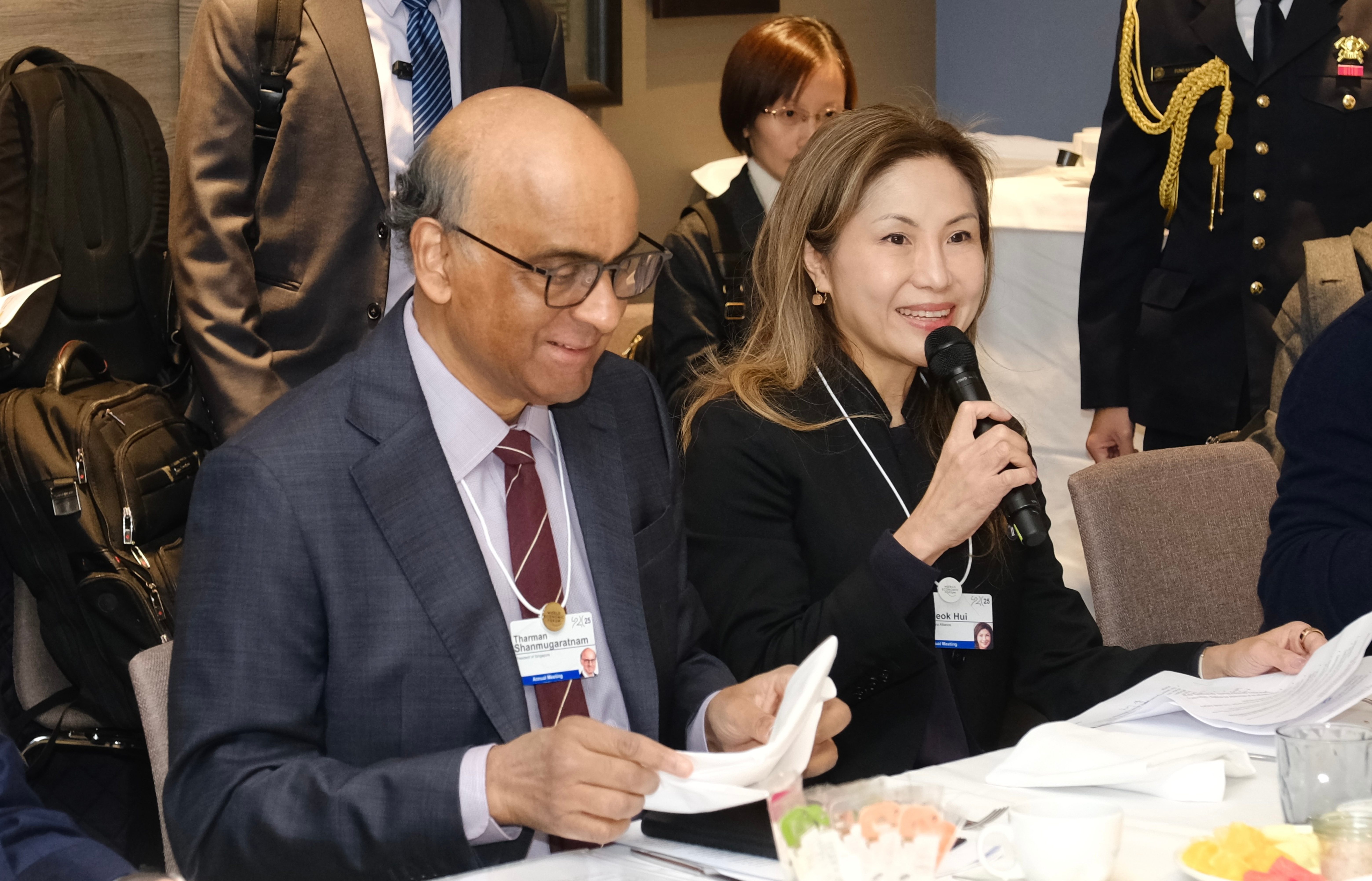
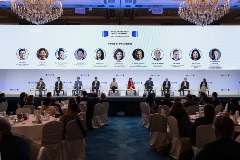
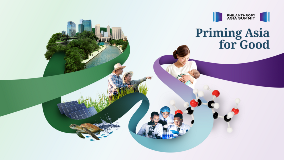

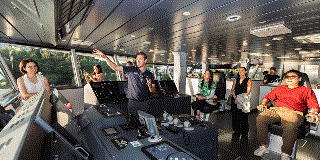

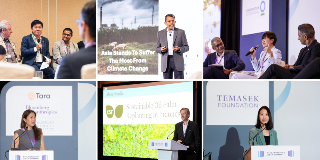
.tmb-.png?Culture=en&sfvrsn=7fea9931_1)
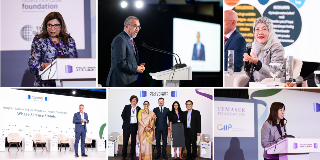
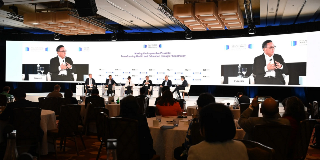
.tmb-.gif?Culture=en&sfvrsn=e13997ec_1)

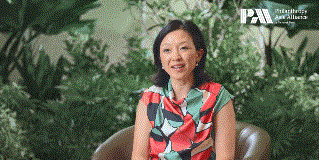
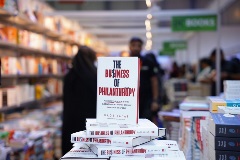
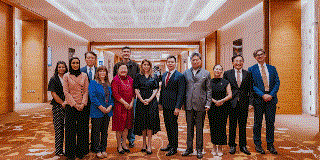
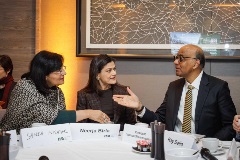
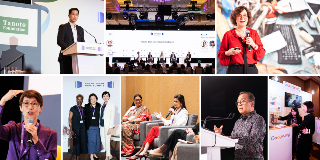
.tmb-.gif?Culture=en&sfvrsn=3f4b1163_1)

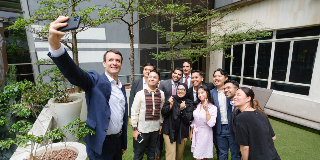
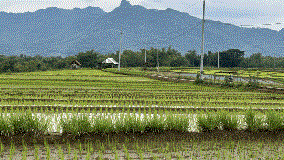

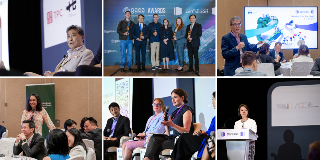

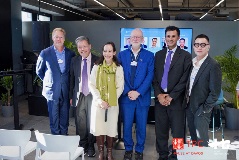
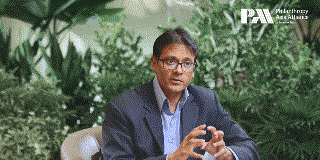
.tmb-.gif?Culture=en&sfvrsn=b5ece239_1)
.tmb-.gif?Culture=en&sfvrsn=6fb3b6df_1)

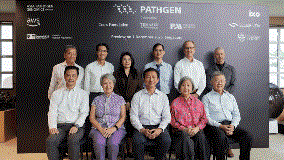

.tmb-.jpg?Culture=en&sfvrsn=fedc60fc_1)
